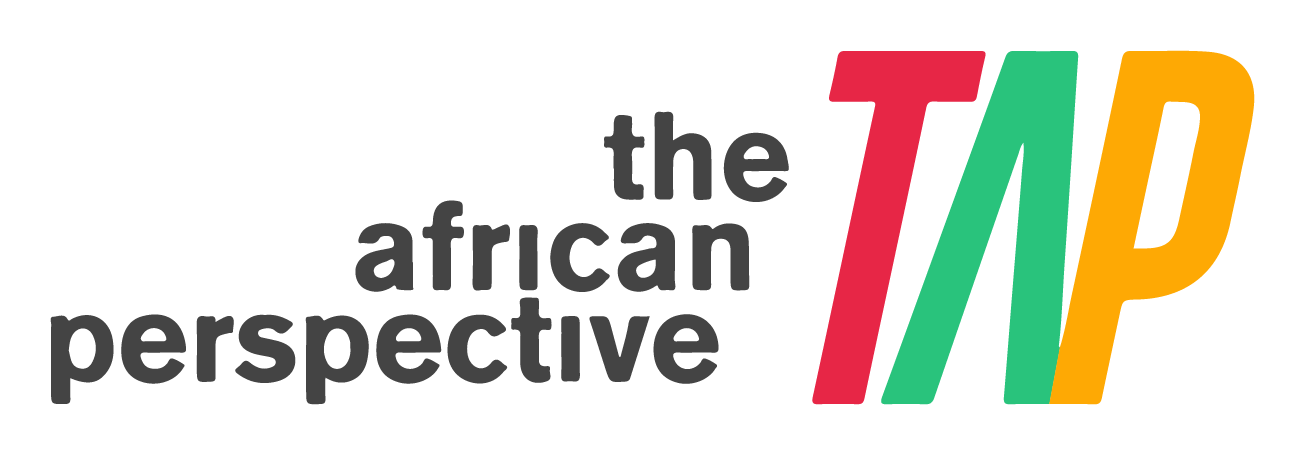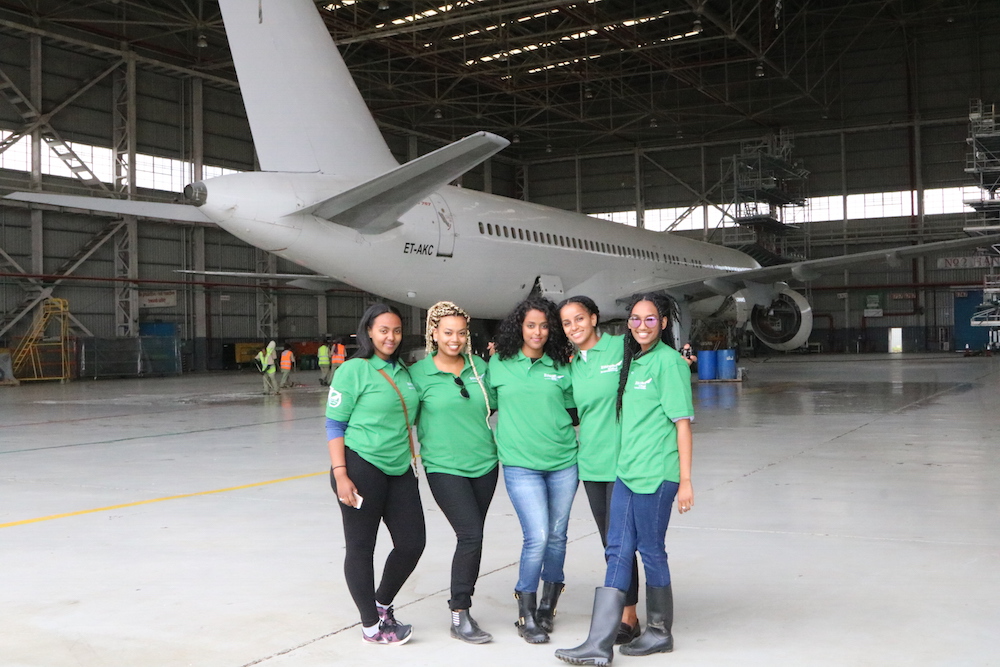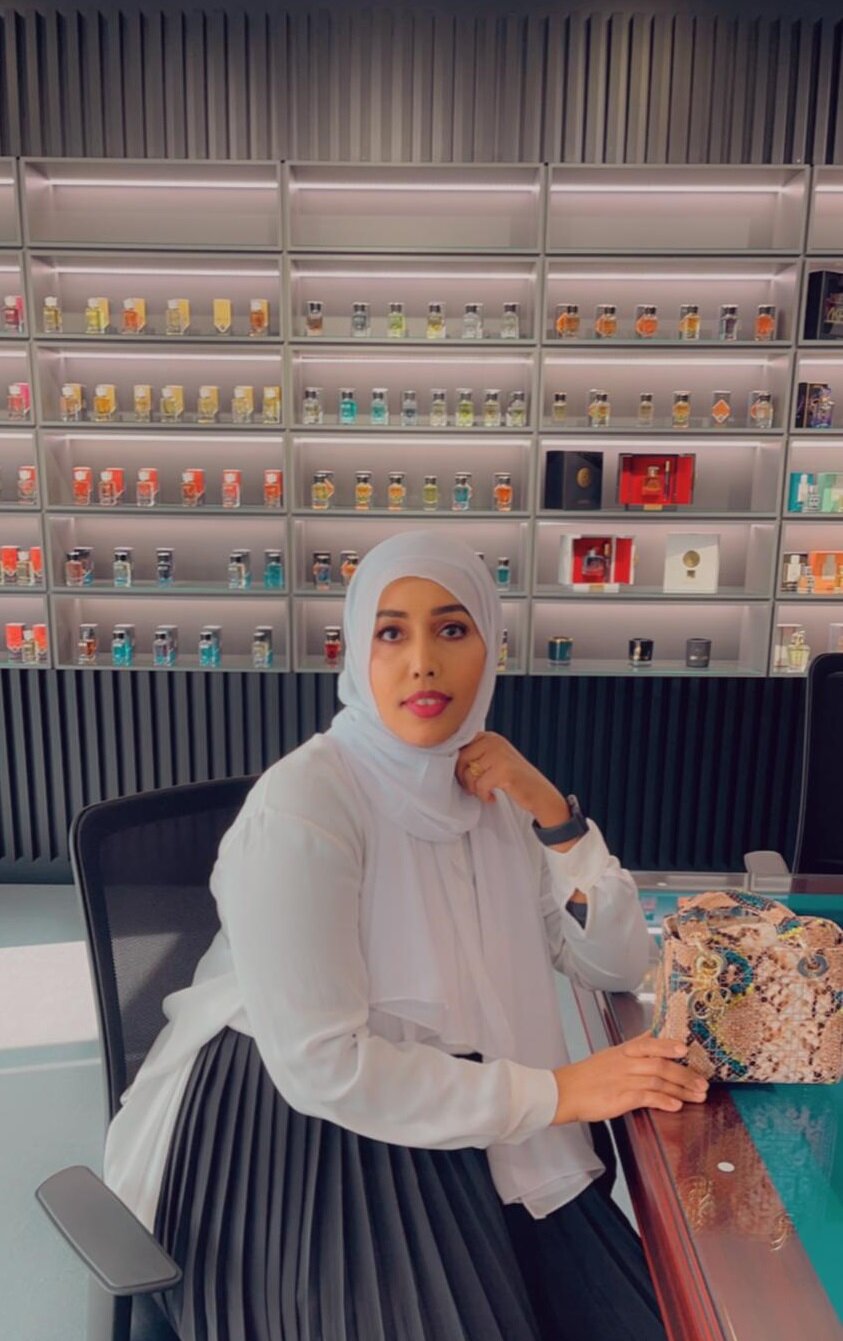Enheed - Connecting Ethiopian-Canadian youths with their homeland
Bridging the Gap
Enheed is an organization that bridges gaps between Ethiopia and generations of its diaspora youth living in Canada, and throughout the world. Enheed is the Amharic phrase for “let’s go”. Initially published in Tap Magazine Issue 8 At one time in my life, the distance between Ethiopia and myself was not something only to be measured in distance. It was something I could measure in the form of the longing I felt from oceans away. To heal that longing, to cure the wound of that distance, was as simple as saying ‘Enheed, let’s go!’. My life has not been the same since.
Ethiopian Canadian
I was born in Ethiopia and raised in Toronto, Canada. In many ways--more ways than I can easily describe--as a child I lived in this duality. I felt myself between homeland and homeland. One, in the language, flavours and sounds of Ethiopia, which I felt inside my parent's’ house every day, and another land, which was also a sort of home--outside of my parents’ house, where the world demanded that I be a Canadian and navigate its cold weather, its English language, and its expansiveness. I, like many people of my generation, was (and am), a child of diaspora, a person forced to live between the sense of myself as an Ethiopian--as I undeniably was inside my home - and the sense of myself as a Canadian, as I was asked to be in every other space, particularly as a child.
I want young Ethiopian-Canadians to learn, as I learned, that it is often not enough to inherit stories from our elders about our ancestral homelands; we benefit so greatly from visiting these places, living in them, breathing the air of these profound lands. We can create our own ties to our ancestors and find a sense of how we might contribute to the growth and beauty of a country whose legacies we already carry in our blood.
As I got a little older, I was able to begin assessing the dynamics of the city in which I lived. I could see it with a more acute, mature eye. In some ways, its gaps widened for me; I understood that I was even further away from a real sense of Ethiopia, and a sense of myself than I ever realized as a child. I recognized that despite the fact that my family and I belonged to a meaningful community of Ethiopian-Canadians, there were nuances and dynamics that kept me from seeing the full and diverse ways Ethiopians lived and thought, even within Canada. It was alarming to understand, for instance, that growing up, I did not ever come to know any Muslim Ethiopians, despite the fact that almost half of the people in Ethiopia are Muslims. This fact, this somewhat limited exposure I had to Ethiopians as a child, proved to me, as a young adult, that we are often products of what we can see or the experiences that are close enough for us to touch. As I grew, I wanted to expand my vision and test the limits of my reach in the world.
Years later, the same impulse took me to South America. I lived and worked in Bolivia, a country of rich history, profound landscapes and equally profound people. The experience of living there and immersing myself in its cultures and communities changed the trajectory of my life. Also, below the surface, it filled me with longing and a strange but precise sense of guilt. I had to ask myself: why is it that I’m able to revel in the beauty of Bolivia, rejoice in the warmth and compassion of its people, and even learn one of its languages, but I have never re-visited my own culture, my own language, my own ancestral homeland of Ethiopia?
‘Enheed. Let’s go!’
As soon as my time in Bolivia ended, I devoted myself to resolving the guilt and mysterious sadness that had hit me in the pit of my stomach. I needed to find a way to get home to Ethiopia and reconnect with my roots. At first, I began to look for organizations I could volunteer with that would take me to Ethiopia. I found that there were none particularly aimed at engaging youth like myself. The pull and the intrinsic drive to get to Ethiopia was still strong. I signed up to volunteer with an organization that was local to Ethiopia.
I bought a one-way ticket and embarked on a journey that would take me home, mostly alone, without much of a safety net to hold me. I lived and worked in Ethiopia for four months. In that time, I was able to see much of the country. Of course, I was struck by the natural beauty of the land itself, but it was the historical sites, the ancient landmarks of my people and culture that moved me emotionally and gave me an enduring, personal relationship to the land, its people, their struggles and their histories. I felt a joy and an immense pride that I knew would alter the course of my life forever, and which I knew I had to share with others if I could.
In these moments, I decided I would devote my time and energy to creating a way, a portal, a vessel that would connect other people of my generation to the remarkable feeling of calm and belonging that overtakes the body when the tug of history calls your name, and you respond. From the indescribable spirit of moments like these, the idea for Enheed was born.
The direct and profound meaning held within this word, this phrase is the catalyst for our desire to create a safe space for Ethiopian-Canadians to reconnect with their heritage. Beyond that, we want Enheed to be an experience that allows young Ethiopians in the diaspora to express their ideas and strengthen the common bonds that bring Ethiopian communities together.
We work to promote the consciousness and positive values that lay at the core of Ethiopian life and culture. Enheed aspires to educate through experience, thus, we ask participants to work with local NGOs and immerse themselves in the local communities of everyday people who give the country its life, spirit, and character. In this way, young Ethiopian-Canadians can gain a visceral sense of their relationship to Ethiopia; they can feel the place for themselves and develop emotional bonds built from that experience. For its participants, Enheed is not a vacation. It is a month-long experience where youth come together to learn and contribute.
Ultimately, my vision for Enheed is that it creates for its young participants an introduction to Ethiopia that is meaningful, eye opening and indelible. I understand that for many of the people who join our program, it is their first time being in Ethiopia without the comfort and security of their parents. In that way, too, I want Enheed to be a catalyst for them. It should create a spark in them that says: ‘I can come back here on my own terms and stay longer than a month’.
Furthermore, there is room in Ethiopia for my skills, education and contributions, even if these skills are coming from as far away as Canada. I want our program to be a bridge-builder that lets these young people know that there is a place for them in Ethiopia, irrespective of where they were born or raised.
I want young Ethiopian-Canadians to learn, as I learned, that it is often not enough to inherit stories from our elders about our ancestral homelands; we benefit so greatly from visiting these places, living in them, breathing the air of these profound lands. We can create our own ties to our ancestors and find a sense of how we might contribute to the growth and beauty of a country whose legacies we already carry in our blood.
Enheed Partners
Enheed is proud to have partners like Ethiopian Airlines, Cuso International, and African Unity 6th Region Canada working with us. We look to partner with organizations that are heavily engaged in helping to resolve issues for people in the African diaspora. Anyone who is interested in partnering with Enheed can contact info@enheed.org.
By Fana Mekonen
Fana is the founder of Enheed, an organization that bridges gaps between Ethiopia and generations of its diaspora youth living in Canada, and throughout the world. Enheed is the Amharic phrase for “let’s go”. For Fana, Enheed is not just an organization, but also a reminder that it is possible, and often necessary, to take action in pursuit of one’s dreams. For more on Enheed, visit the portal at www.Enheed.org














Welcome to Issue 19 of TAP. For the past decade, migration has been one of the leading political issues across the Western World. In Europe, many people live in paranoia of African migrants swimming onto their shores and taking over their villages, towns, cities, and countries; but most importantly, their jobs and way of life. This fear has led to the resurgence of extreme far-right groups, politicians, and political parties. Using fear, they have taken the opportunity to incite division and hate amongst the doubtful masse